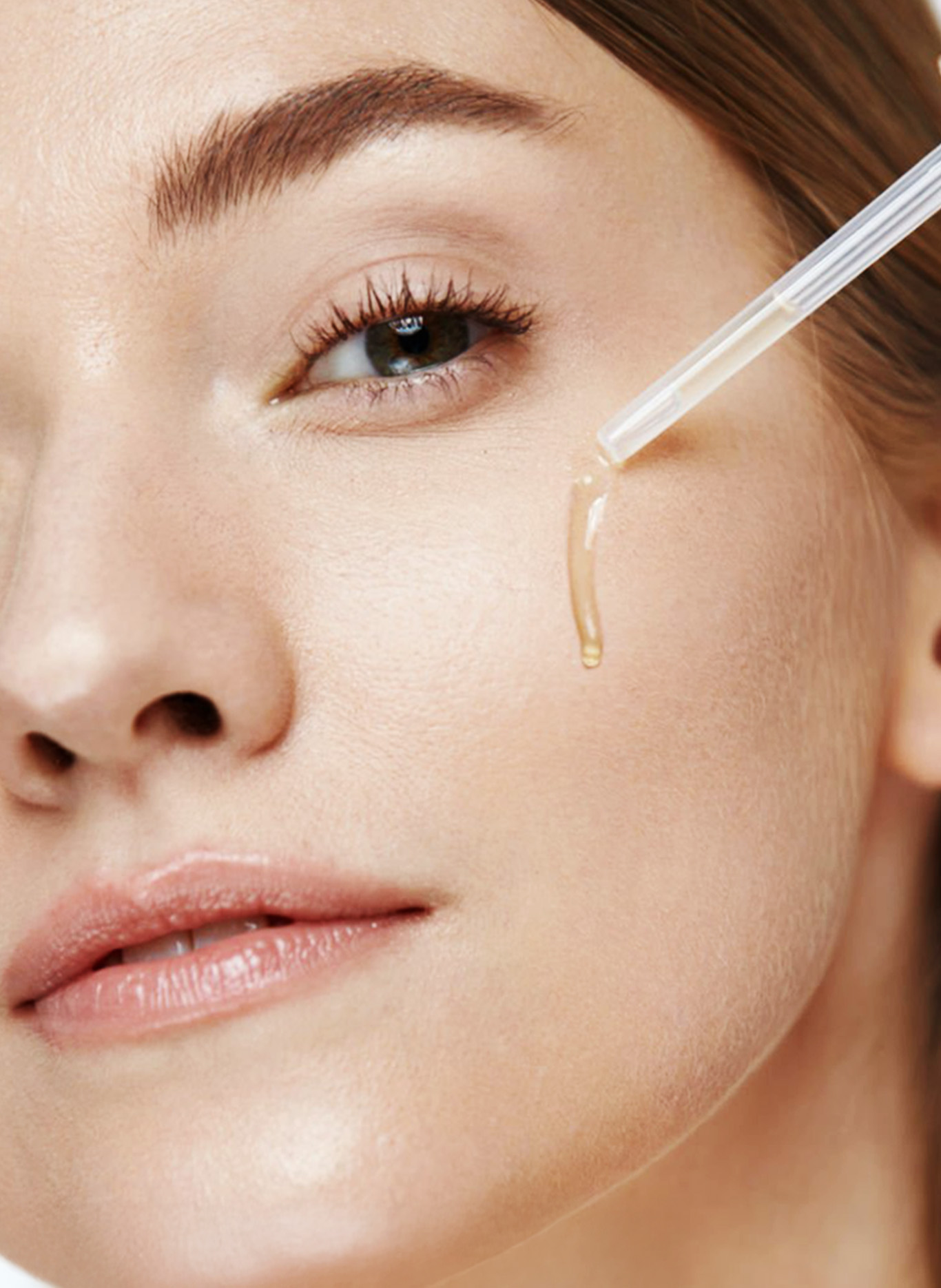“Oil-Based Skincare”:
A True Skincare Miracle or Just a Stupid Tax?
In recent years, “Oil-Based Skincare” has gained popularity in the beauty industry. Enthusiasts and experts are advocating for this natural and effective method, claiming it to solve various skin concerns. Let’s dive deeper into this new skincare trend.

What is Oil-Based Skincare?
What Skin Types Are Oil-Based Skincare Suitable For?

Oil-based skincare refers to using serum oils to nourish and care for the skin.
Here are the main benefits:
The fatty acids in plant-based oils form a protective barrier that reduces moisture loss, keeping the skin hydrated—perfect for dry skin or seasonal transitions.
Repairs the Skin Barrier
Natural plant oils like rosehip and grapeseed oil are rich in vitamins and antioxidants. These help repair damaged skin barriers and soothe sensitivity or redness.
Plant-based oils are rich in fatty acids, vitamins, and antioxidants. They nourish the skin, promote cell renewal, and improve elasticity and radiance.
Natural plant oils are gentle, free of artificial colors and preservatives, making them friendly to sensitive skin and reducing skin burden.

Does using oil for skincare cause clogged pores?
Some worry that oils might make their skin greasy or cause breakouts, but this depends on the type of oil used and the individual’s skin type. For example, coconut oil and mineral oil may clog pores and are not suitable for oily or acne-prone skin. In contrast, jojoba and rosehip oils have molecular structures like the skin's natural sebum, helping repair the skin barrier without clogging pores.
Besides, before purchasing oil-based products, check the ingredients to avoid substances that may cause sensitivity. Choosing 100% natural, organic, plant-based oils and following the correct usage methods ensures a safe and effective oil-based skincare routine.
